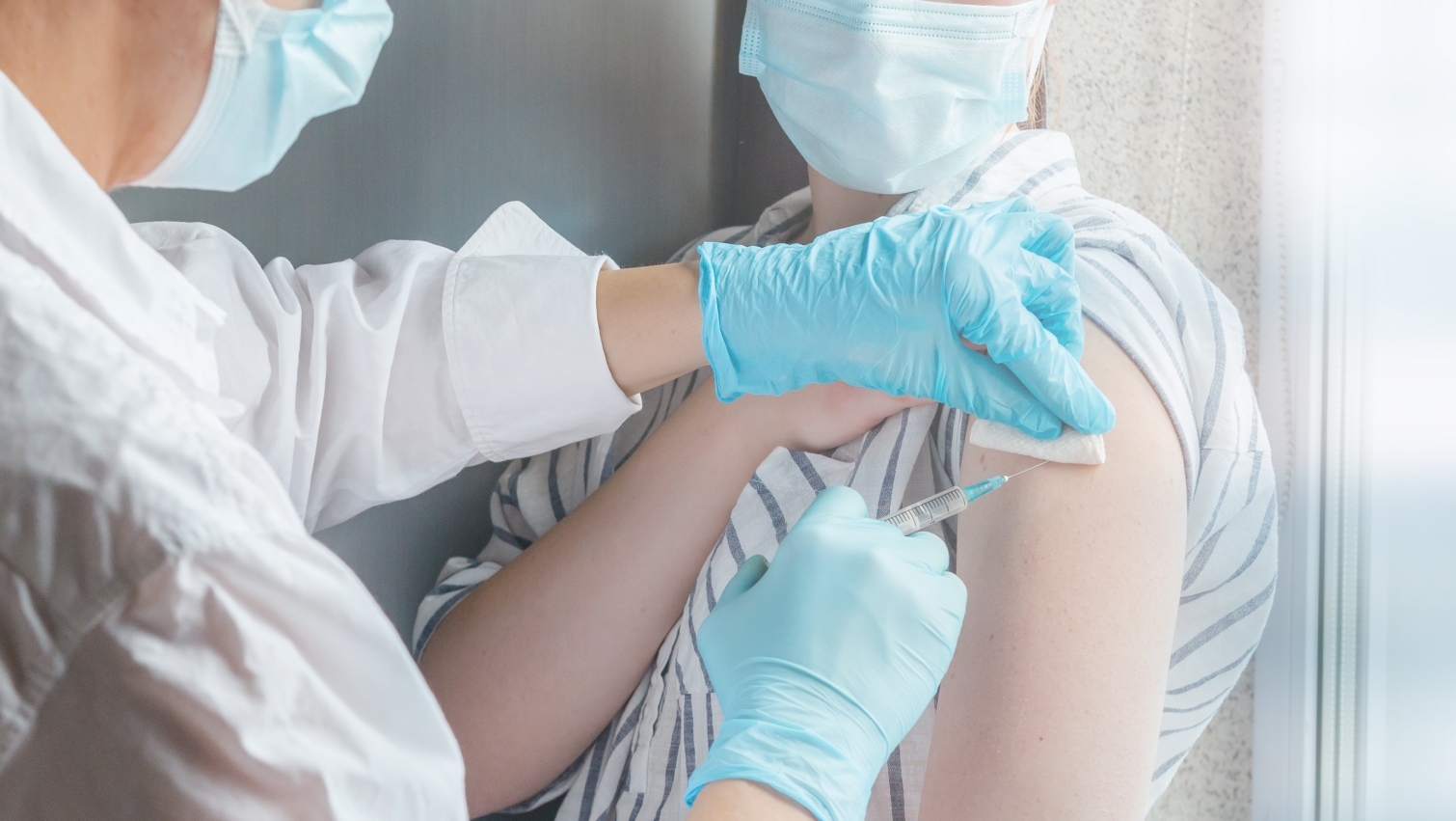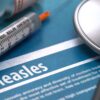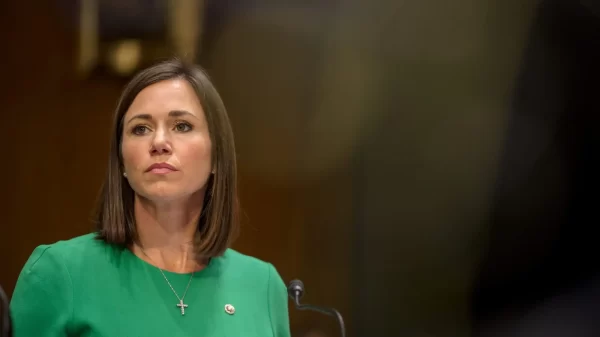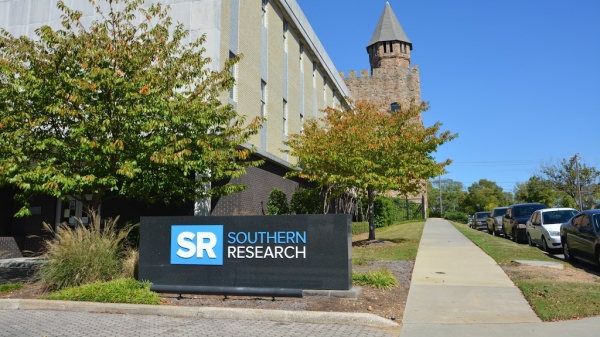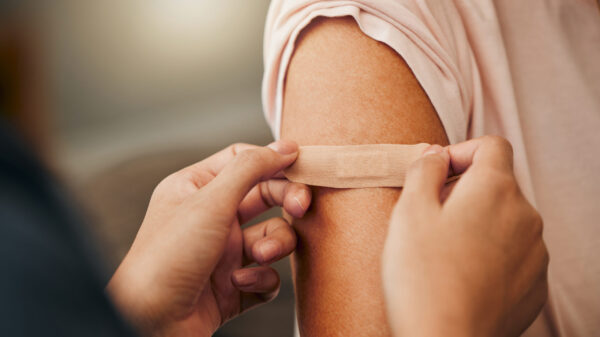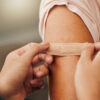Vaccines for COVID-19 are working to slow the disease’s spread across Alabama, and the proof is in the drop in hospitalizations among older Alabamians, according to a UAB physician.
In April, for the first time since the start of the pandemic, there were more hospitalizations of those aged 16 to 34 than among those 75 and older, said Dr. Suzanne Judd, an epidemiologist at the University of Alabama at Birmingham.
“That doesn’t mean hospitalizations are increasing in the 16- to 34-year-olds,” Judd said. “It just shows that they’re remaining very flat, relative to the over 75 who are experiencing big decreases in hospitalizations. That’s an indication that the vaccine is working, and it’s doing what it’s supposed to do.”
Older Alabamians are getting vaccinated at a much higher rate than younger people. Just more than 73 percent of Alabamians 75 and older have received at least one dose of vaccine, while just 27 percent of those 16 to 54 have done so, according to the Alabama Department of Public Health.
Judd said herd immunity can’t be reached until 70 percent of all populations are immune to coronavirus, and that means one can’t just look at the state as a whole.
Each community, each group of people who regularly interact with one another, must reach at least 70 percent immunity, she explained, and with vaccinations dropping off statewide, Judd said “it’s going to be more challenging.”
The state’s daily average of vaccinations for the week ending on Monday was as low as it’s been since Jan. 19, according to APR’s calculations of ADPH’s data.
{{CODE1}}
“We definitely have more work to do as a public health community,” Judd said.
Measuring immunity statewide is a difficult task, Judd explained, so physicians are watching hospitalizations and new cases to determine the current status of the disease.
Judd said when Alabama can sustain daily case levels of less than 200 cases a day, or 2,400 cases over a 14-day period, and less than 200 COVID-19 hospitalizations a day, “we know that we’re truly close to the end of this pandemic.”
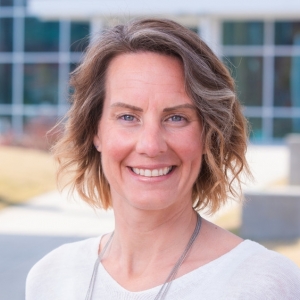
UAB’s Dr. Suzanne Judd
Alabama’s average daily COVID-19 hospitalizations for the week ending Tuesday was 337, and the state recorded 11,445 new cases over the last 14 days, but ADPH notes that the department within the last 14 days added more than 6,000 backlogged confirmed and probable cases that date as far back as September 2020.
Speaking on the hesitancy of some to get vaccinated, Judd said one in 1 million people who receive a COVID-19 vaccine have a complication that requires hospitalization.
“If you get the COVID infection, about one in 100 will wind up in the hospital, so that COVID infection is still much worse than the vaccine,” Judd said.
The Pfizer vaccine was recently opened up to those aged 12 to 15, and Judd explained that getting those younger people vaccinated is critical.
“Those kids want to get back together, and they want to get back together without masks on, so getting them vaccinated will allow that to occur safely, and really help out the population at large as well,” Judd said.







































